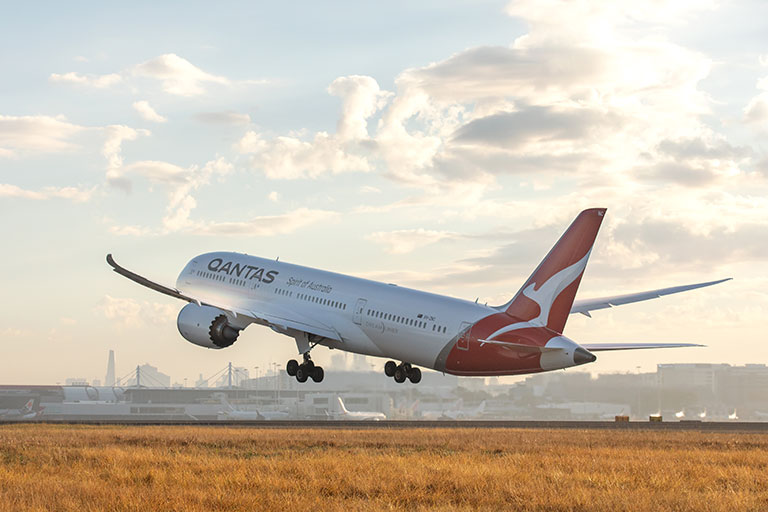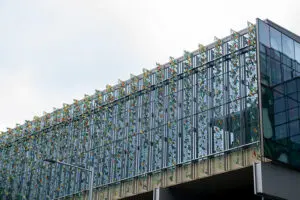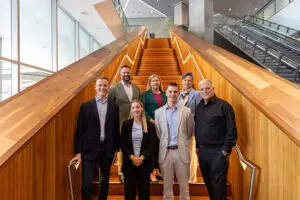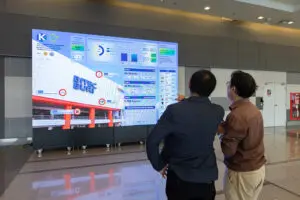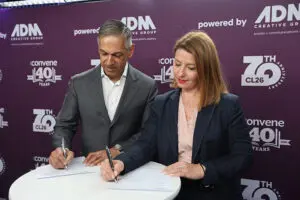The new global fund aims to accelerate the production of sustainable aviation fuel (SAF) around the world, with demand for SAF hugely outstripping supply.
SAF has the potential to reduce carbon emissions of air transport by 80 per cent compared to traditional jet fuel. It is made from a variety of sources, including used cooking oil, animal fat, and solid household and business waste.
The International Air Transport Association (IATA) believes SAF will make up 65 per cent of the emissions reductions needed for the worldwide aviation industry to reach net zero by 2050.
And with business events using air transport for everything from delegates and speakers to staff, equipment and event materials, reduced carbon emissions from aviation will have a massive impact on the carbon footprint of conferences, incentives, meetings and exhibitions.
Alongside Qantas, other members of the new alliance are Airbus, Air France-KLM, Mitsubishi HC Capital Inc., BNP Paribas, Associated Energy Group and Burnham Sterling Asset Management. Airbus is the anchor investor, while Burnham Sterling is the fund manager.
Together, these companies have invested US$200 million (just over AU$300 million) into the fund, which seeks to invest in SAF technology and SAF production projects.
At first, the fund will prioritise SAF production using existing infrastructure in the USA, with the intention to expand that focus geographically and across a wider range of SAF opportunities.
SAFFA has already made its first investment, with Crysalis Biosciences, which has led to the reopening of a plant in the mid-western state of Illinois in the USA. The plant has been cleared to start producing sustainable aviation fuel, although the timeframe for when production will begin is unclear at this stage.
“Aviation is one of the hardest sectors to decarbonise and it’s going to take partnerships across industries like this to help close the gap between supply and demand,” said Qantas CEO Vanessa Hudson.
“The current imbalance is one of the reasons SAF comes at a significant premium compared to jet kerosene, so it’s critical for the industry to invest now in scaling production.
“Through our Climate Fund and our SAF partnership with Airbus, we continue to have a strong focus on Australian projects to accelerate the establishment of a domestic industry, however most of the new SAF investment opportunities here have long development lead times.
“The SAFFA fund will enable us to get priority access to SAF sooner in key overseas markets while helping drive the development of the overall industry.”
Qantas has a target of using 10 per cent SAF in its overall fuel mix by 2030 and 60 per cent by 2050.
Internationally, some jurisdictions are bringing in SAF mandates over the next few years.
In Europe, flights will be required to use two per cent sustainable fuel from next year, while Singapore is mandating one per cent from 2026, rising to three to five per cent by 2030.
Qantas is already using SAF for flights departing from London Heathrow, with its SAF use to expand to Los Angeles and San Francisco from next year.
The airline is also supporting Australia’s first SAF refinery, to be established in Queensland and has teased support for further domestic projects to be announced in the coming months.




